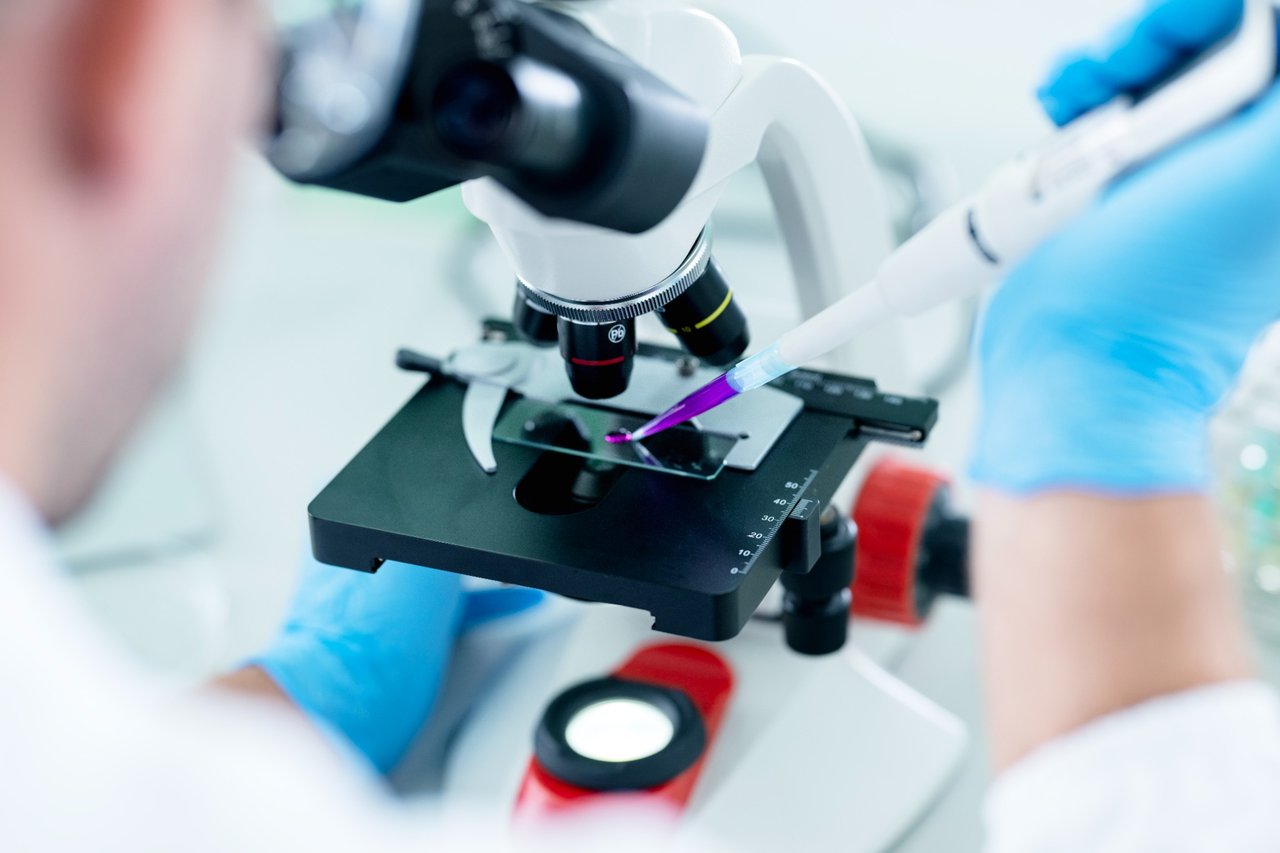How Is Taurine Linked to Blood Cancer?

Taurine is an amino acid made by the body that’s also a common ingredient in foods and beverages like energy drinks. A new scientific study suggests a connection between taurine and blood cancers, including leukemia.
This article provides details on what taurine is and how it might affect the development and growth of blood cancers. Keep in mind that when a study yields a new finding, more research is always needed to explore it further.
What Is Taurine?
Taurine is an amino acid that our bodies naturally produce. It’s also found in some of the foods we eat, including meat and fish, and is sometimes used to ease the side effects of chemotherapy.
Taurine has antioxidant properties and plays a role in several functions in the body, including nerve growth and energy production within cells. Because it helps power cells, Taurine has become a popular ingredient in energy drinks and is sold as a dietary supplement.
Discovering a Taurine-Cancer Connection
Researchers studying a type of blood cancer called acute myeloid leukemia discovered that taurine seems to be an essential nutrient for these leukemia cells. When they blocked taurine from entering leukemia cells in mice, cell growth slowed significantly, and survival rates improved.
The study is noteworthy because it points to a new method for treating leukemia effectively in human patients.
Can Taurine Cause Cancer?
It’s important to note that researchers did not design the study to answer the question, “Does taurine cause cancer?” Instead, its key finding was that taurine may fuel the growth of existing leukemia cells.
Further research is needed to determine if the same processes observed in mice occur in humans and what levels of taurine might be problematic. Consequently, the findings are not a reason to worry or to avoid taurine.
Talk With Your Doctor About Dietary Choices and Cancer
The headlines about taurine and blood cancers might sound alarming. However, this research could be a critical step forward in fighting cancer. By understanding how leukemia cells use taurine to survive and grow, researchers may be able to develop new treatments that can help eliminate cancer cells and prevent the disease from returning. Healthcare providers may also reconsider the use of taurine in conjunction with chemotherapy.
While the link between taurine and leukemia is a new and interesting area of research, it’s still in its early stages. The study results have provided a deeper understanding of leukemia's behavior, but should not be a cause for alarm for the average person.
As always, if you have concerns about your diet or health, it's best to have a conversation with your healthcare provider. They can talk with you about your eating habits and make recommendations as appropriate. While not directly related to this study, their advice is likely to include consuming energy drinks in moderation, if at all, as they can increase the risk of several physical and mental health conditions.
You can find a Baptist Health provider in our online provider directory, if you don’t have one.
Next Steps and Helpful Resources
Learn More About Cancer Care at Baptist Health
Can Vitamin B12 Deficiency Be a Sign of Cancer?
Does Sugar Feed Cancer?
Relationship Between COPD and Lung Cancer



